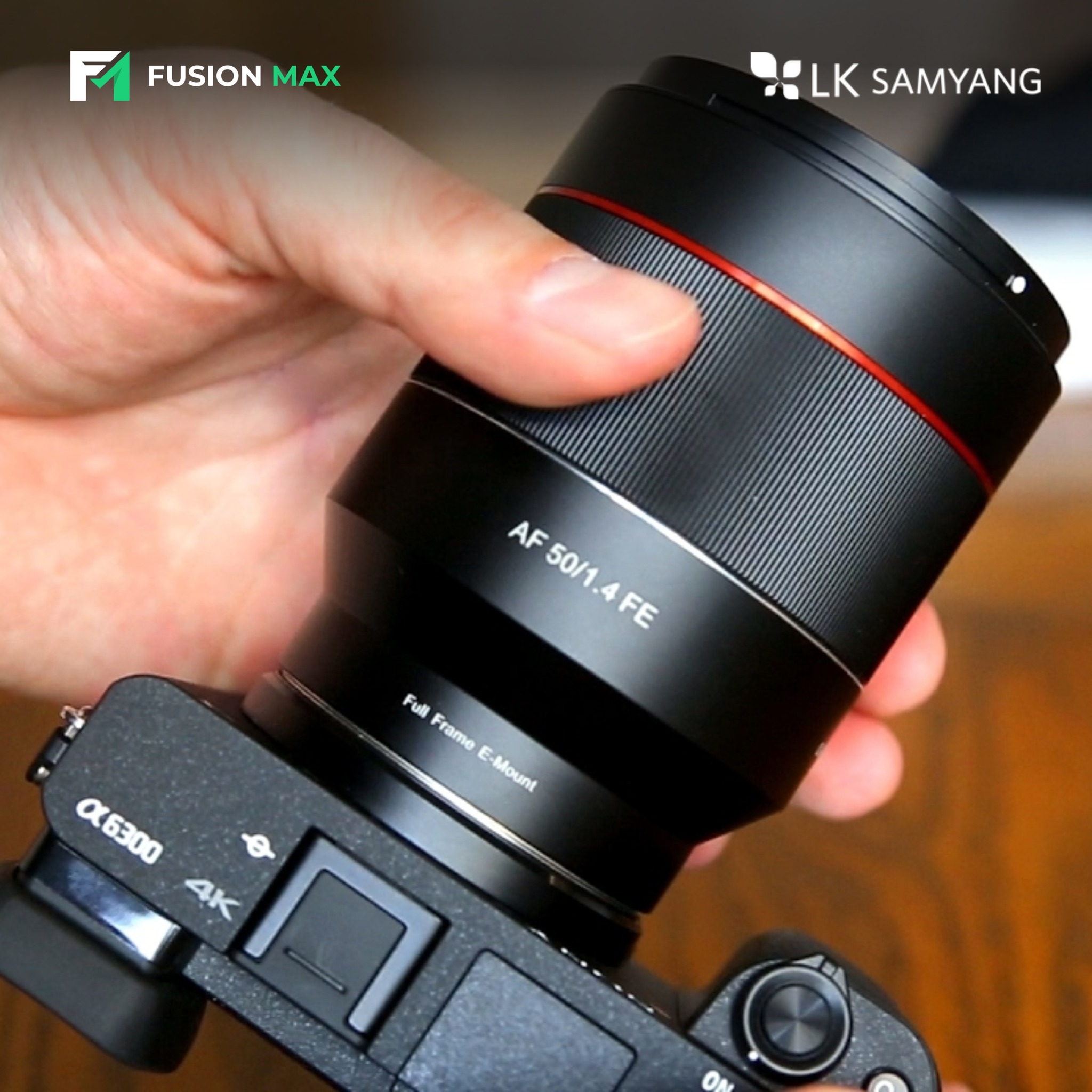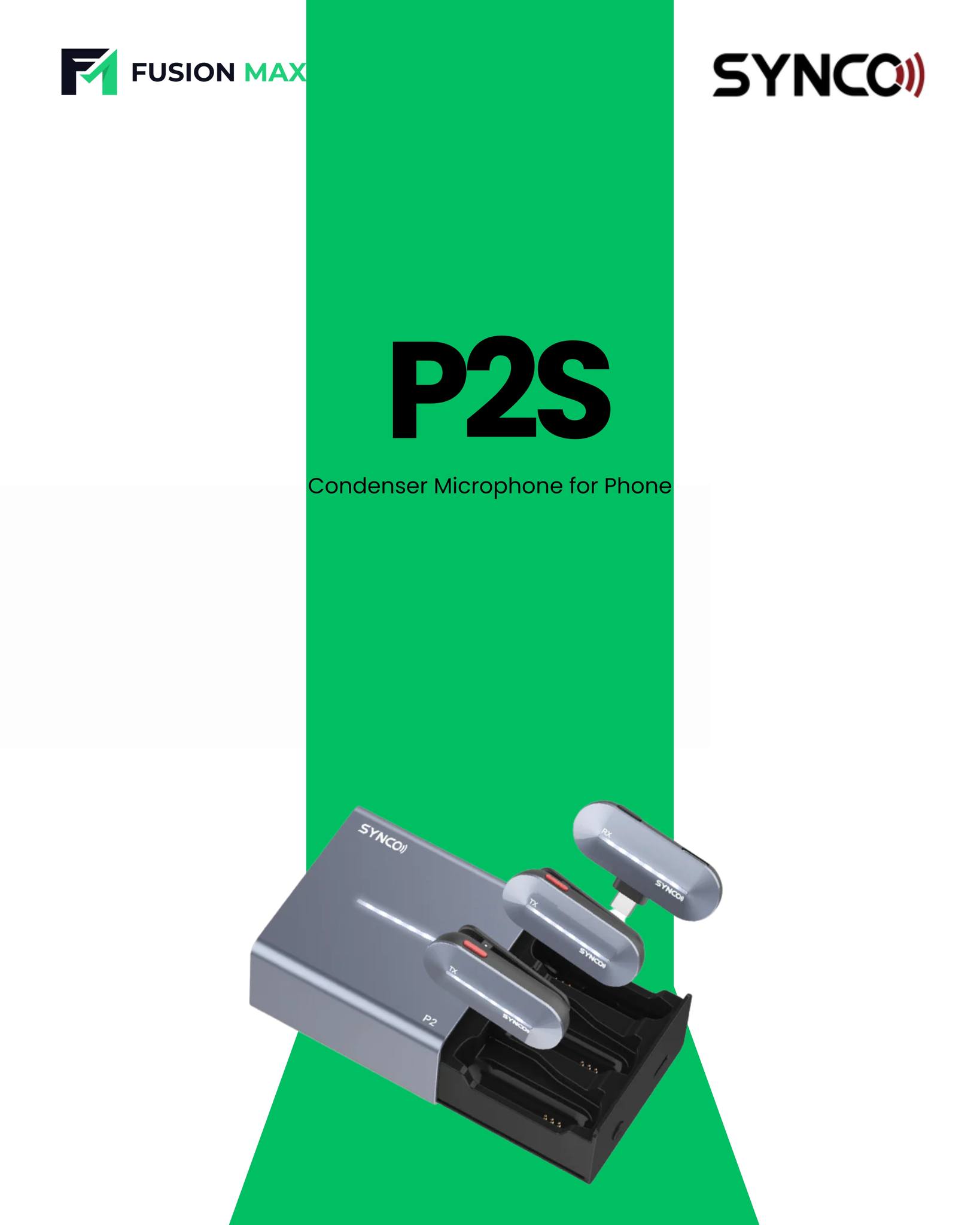
The B2B platform for the best purchasing descision. Identify and compare relevant B2B manufacturers, suppliers and retailers
Close
Filter
Result configuration
Continents
Select continent
Locations
Result types
Company type
Select company type
Industries
Select industry
Company status
Select company status preset
Number of employees
Min.
Max.
Founding year

CBC (Europe) GmbH
Dusseldorf, Germany
A
101-250 Employees
1986
Key takeaway
CBC (Europe) GmbH develops high-performance lenses that cater to various applications, highlighting their expertise in video surveillance systems. Their commitment to quality and a wide range of products ensures that they meet the diverse needs of the market.
Reference
Product
Lenses
Lense for iOS
Vancouver, Canada
A
1-10 Employees
2018
Key takeaway
Lense connects businesses with local photographers to create social media content, enabling you to concentrate on your core activities while they handle the visual storytelling.
Reference
Core business
The Lense App – Find Photographers

Lenscan Medical Inc
Waterloo, Canada
A
1-10 Employees
2015
Key takeaway
Lenscan Medical Inc. specializes in providing a comprehensive range of medical equipment and instruments, including lenses, to various healthcare professionals such as opticians and ophthalmologists. Their commitment to quality and innovation positions them as a key player in the medical equipment industry.
Reference
Product
Lenses – Lenscan Medical Inc.
Looking for more accurate results?
Find the right companies for free by entering your custom query!
25M+ companies
250M+ products
Free to use
Liling LYX Electronics Co Ltd.
-
11-50 Employees
2010
Key takeaway
LYX Electronics specializes in designing, manufacturing, and selling high-resolution, high-performance camera lenses for various applications, including IP surveillance, video conferencing, and consumer electronics. Their commitment to high quality and cost-effective solutions makes them a key player in the lens market, particularly for OEM camera and drone companies.
Reference
Core business
OEM Camera And Drone Companies - LYX Lens
LYX designs, manufactures and sells high resolution, high performance lenses.We sells to OEM camera and drone companies, and through distributors and resellers worldwide.
Genius Electronic Optical
Taichung, Taiwan
501-1000 Employees
1989
Key takeaway
The company specializes in advanced lens products, offering comprehensive optical solutions for various applications, including mobile, car, AI, and AR/VR lenses. Their focus on innovation and vertical integration ensures high-quality optical design and manufacturing.
Reference
Product
AI Lenses-GSEO
We are an optical technology company embracing innovation to continually offer the most advanced lens products. It is the vertical integration of optical design, equipment development, process development and manufacturing to provide full service optical solutions for Mobile lenses, Car lenses, AI lenses and AR/VR lenses.
Camera X
Frederiksberg, Denmark
A
1-10 Employees
2017
Key takeaway
CAMERA X is a Scandinavian film production company currently in pre-production for their feature film "SER DU MIG" (Do You See Me). They encourage inquiries about how they can assist with film projects.
Reference
Service
Services – Camera X
Shenzhen Tesoo Optical Co. Ltd.
Shenzhen, China
D
251-500 Employees
2009
Key takeaway
TeSoo Optoelectronic is a leading supplier of optical lenses, including a variety of camera lenses such as wide-angle and high-illumination options. Their camera lenses feature specifications suitable for different applications, with a sensor size range of 1/2.3'' to 1/3'' and focal lengths from 2.20mm to 3.65mm.
Reference
Product
Camera Lens Front View, Lens Front View, Optical Camera Lens Front View | Tesoo
Tesoo camera lens front viewgenerally meet the characteristics of wide angle, high relative illumination, high light and other features. The sensor size of camera lens front view is 1/2.3'' to 1/3''. TTL: 15.71-23mm. EFL: 2.20-3.65mm. F.NO: 1.8/2.0/2.2/2.4. Get camera lens front view quote now!

Camtronics Trading Co.
Mumbai, India
D
51-100 Employees
-
Key takeaway
The company specializes in selling a variety of camera lenses, including the Canon 16mm RF lens and several VILTROX prime lenses compatible with different camera mounts such as Sony E-Mount and Fujifilm X-Mount. Their offerings also include portrait and wide-angle lenses, highlighting their extensive selection for both DSLR and mirrorless cameras.
Reference
Core business
Lens & Optics - Camtronics India

Lens-Optics GmbH
Allershausen, Germany
A
1-10 Employees
1999
Key takeaway
The company offers a wide variety of camera lenses in different shapes and sizes, along with customized coatings, suitable for various applications.
Reference
Core business
Lens Optics |

NIKON OPTICAL U.K. LIMITED
Milton Keynes, United Kingdom
A
51-100 Employees
1997
Key takeaway
The company highlights its full-frame mirrorless camera, suggesting a strong focus on creativity and quality, which is essential for capturing stunning images with various lenses.
Reference
Product
Lenses
Technologies which have been searched by others and may be interesting for you:
A selection of suitable products and services provided by verified companies according to your search.

Product
AF 50/1.4 FE
Go to product
A selection of suitable use cases for products or services provided by verified companies according to your search.

Use case
Synco
digital imaging product, audio equipment
SYNCO, founded in 2017, is the invention of Guangzhou Zhiying Technology Co., Ltd. Zhiying Tech is more than just a producer; it is a true "audio master," bringing together research & development, design, manufacturing, and marketing under one roof. SYNCO best-selling products are recognized for their superior quality and dependability. From high-performance microphones to cutting-edge broadcasting tools and versatile vlogging equipment, every SYNCO device is engineered to meet the highest audio quality requirements.

Use case
Synco
digital imaging product, audio equipment
SYNCO, founded in 2017, is the invention of Guangzhou Zhiying Technology Co., Ltd. Zhiying Tech is more than just a producer; it is a true "audio master," bringing together research & development, design, manufacturing, and marketing under one roof. SYNCO best-selling products are recognized for their superior quality and dependability. From high-performance microphones to cutting-edge broadcasting tools and versatile vlogging equipment, every SYNCO device is engineered to meet the highest audio quality requirements.
A camera lens is a vital component of a camera system, designed to focus light onto the camera's sensor or film. It consists of a series of glass elements arranged in a specific configuration to control various aspects of image capture, such as focus, aperture, and zoom capabilities. The quality and characteristics of a lens greatly influence the clarity, sharpness, and overall aesthetic of the images produced. In addition to standard lenses, there are specialized options like wide-angle, telephoto, and macro lenses, each tailored for different photography styles and applications. The choice of lens can significantly affect the composition and depth of field in photographs, making it essential for photographers to select the right lens for their creative vision.
The quality of a camera lens significantly influences the overall image quality captured by a camera. A high-quality lens can enhance sharpness, contrast, and color accuracy, enabling photographers to achieve crisp and vivid images. Factors such as the lens's optical design, materials used in construction, and coatings applied to the glass all contribute to reducing distortion, chromatic aberration, and flare. Additionally, the aperture size of a lens plays a crucial role in determining depth of field and low-light performance. Larger apertures allow more light to enter, which can improve performance in dim conditions and create a pleasing background blur, or bokeh. Therefore, choosing the right camera lens is essential for achieving optimal image quality tailored to specific photographic needs.
1. Prime Lenses
These lenses have a fixed focal length, which often results in superior image quality and larger apertures. They are favored for their ability to produce sharp images with beautiful bokeh, making them ideal for portrait and low-light photography.
2. Zoom Lenses
Zoom lenses offer a range of focal lengths within a single lens, providing versatility for various shooting conditions. They are convenient for capturing subjects at varying distances without the need to change lenses, making them popular among travel and event photographers.
3. Wide-Angle Lenses
Designed to capture a broader field of view, wide-angle lenses are perfect for landscape photography and architecture. They help emphasize the foreground while providing a sense of depth, allowing photographers to include more of the scene in their compositions.
4. Telephoto Lenses
These lenses have longer focal lengths, which allow photographers to capture distant subjects with clarity. Telephoto lenses are commonly used in wildlife and sports photography, where getting close to the subject isn't feasible.
5. Macro Lenses
Specialized for extreme close-up photography, macro lenses allow photographers to capture fine details of small subjects, such as insects and flowers. Their design enables high levels of magnification, revealing intricate textures and patterns.
6. Fisheye Lenses
Fisheye lenses provide an ultra-wide angle of view with a distinct distortion effect, creating a spherical image. They are often used creatively in artistic photography and for capturing immersive panoramic shots.
7. Specialty Lenses
This category includes tilt-shift lenses, which allow for perspective control, and soft-focus lenses, which create a dreamy effect. Specialty lenses serve specific artistic needs and can enhance a photographer's creative options.
Choosing the right camera lens for photography involves considering several factors that align with your shooting style and the subjects you plan to capture. The focal length of the lens is crucial, as it determines the field of view and depth of field. A lens with a shorter focal length is ideal for landscape and architecture photography, while a longer focal length suits wildlife and sports photography. Another important aspect is the aperture of the lens, which affects the amount of light entering the camera and the ability to achieve a shallow depth of field. Lenses with wider apertures (lower f-stop numbers) allow for better low-light performance and can create beautiful background blur. Additionally, consider the lens type—prime lenses generally offer better image quality and larger apertures, while zoom lenses provide versatility for varied shooting situations. Evaluating these factors will help you select the most suitable lens for your photographic needs.
When purchasing a camera lens, several factors are crucial to ensure the right fit for your photography needs. First, focal length is important as it determines the lens's field of view and depth of field, influencing how your subject will appear in the frame. Additionally, aperture size affects the amount of light entering the lens, which is vital for low-light conditions and achieving a shallow depth of field for portrait photography. Another key consideration is compatibility with your camera body, as not all lenses fit every camera brand or model. Finally, lens type plays a role; whether you need a prime lens for sharpness or a zoom lens for versatility can impact your decision. Understanding these aspects helps in selecting a lens that aligns with both your style and technical requirements.
Some interesting numbers and facts about your company results for Camera Lens
| Country with most fitting companies | United States |
| Amount of fitting manufacturers | 3496 |
| Amount of suitable service providers | 2612 |
| Average amount of employees | 51-100 |
| Oldest suiting company | 1986 |
| Youngest suiting company | 2018 |
20%
40%
60%
80%
Some interesting questions that has been asked about the results you have just received for Camera Lens
What are related technologies to Camera Lens?
Based on our calculations related technologies to Camera Lens are Magnets, Printed Electronics, Industrial Amplifiers, Electronic Transducers, Electronic Oscillators
Which industries are mostly working on Camera Lens?
The most represented industries which are working in Camera Lens are Other, IT, Software and Services, Electronics and Electrical engineering, Medical, Media and Entertainment
How does ensun find these Camera Lens Companies?
ensun uses an advanced search and ranking system capable of sifting through millions of companies and hundreds of millions of products and services to identify suitable matches. This is achieved by leveraging cutting-edge technologies, including Artificial Intelligence.